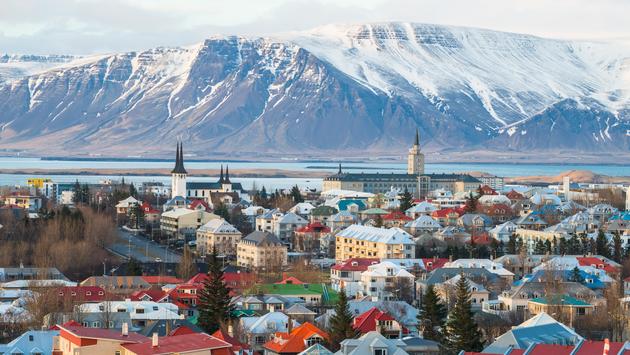- by foxnews
- 11 Mar 2025
Iceland Is Lifting All COVID-19 Travel Requirements, Social Restrictions
Iceland is set to remove all restrictions on foreign travel and COVID-related border protection policies and lift pandemic-related domestic and social restrictions altogether.
- by travelpulse
- 28 Feb 2022
- in travel

According to a government news release, Iceland is set to lift all remaining COVID-19 restrictions on Friday, February 25, including pandemic-related border policies. International travelers will be able to come and go without needing to fulfill vaccination, testing or quarantine requirements.
In so doing, Iceland joins its Nordic neighbors-Sweden, Norway and Demark-in taking perhaps the most profound step toward normalcy the world has seen so far.
Domestic public protection protocols will also be eliminated, including limits previously placed on social gatherings and school operations, as well as reduced opening hours and capacity restrictions for bars and restaurants that serve alcohol. Gone, too, will be the quarantine requirement for people who test positive for COVID-19.
Pending the policy change, foreign travelers to Iceland are required to provide a certificate of full COVID-19 vaccination or proof that they've recovered from the virus. From the start of February, vaccination certificates have been considered valid only up to 270 days (nine months) from the date an individual received his/her final dose of a primary vaccine series, unless they'd since received a booster injection.
According to Reuters, the Health Ministry expressed this sentiment in a statement, saying, "Widespread societal resistance to COVID-19 is the main route out of the epidemic." It added, "To achieve this, as many people as possible need to be infected with the virus, as the vaccines are not enough, even though they provide good protection against serious illness."
With a population of roughly 368,000 people, Iceland has recorded more than 110,000 COVID-19 cases over the course of the pandemic; but, based on antibody testing, the ministry believes that about the same number of Icelanders have already been infected without actually being diagnosed.
For more information, visit covid.is/english.
- by foxnews
- descember 09, 2016
High-end vacation resort bans children to achieve 'tranquil environment'
The Alila Marea Beach Resort, located in Encinitas, California, has announced that it's no longer accepting kids and is transitioning to an adults-only vacation spot.
read more




